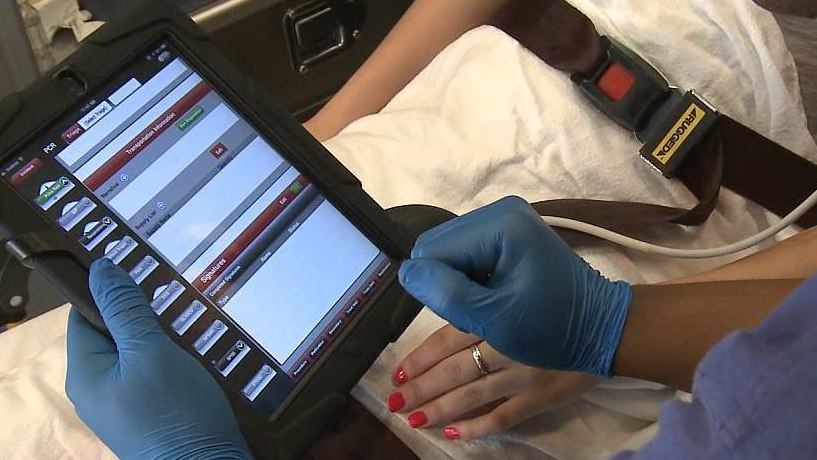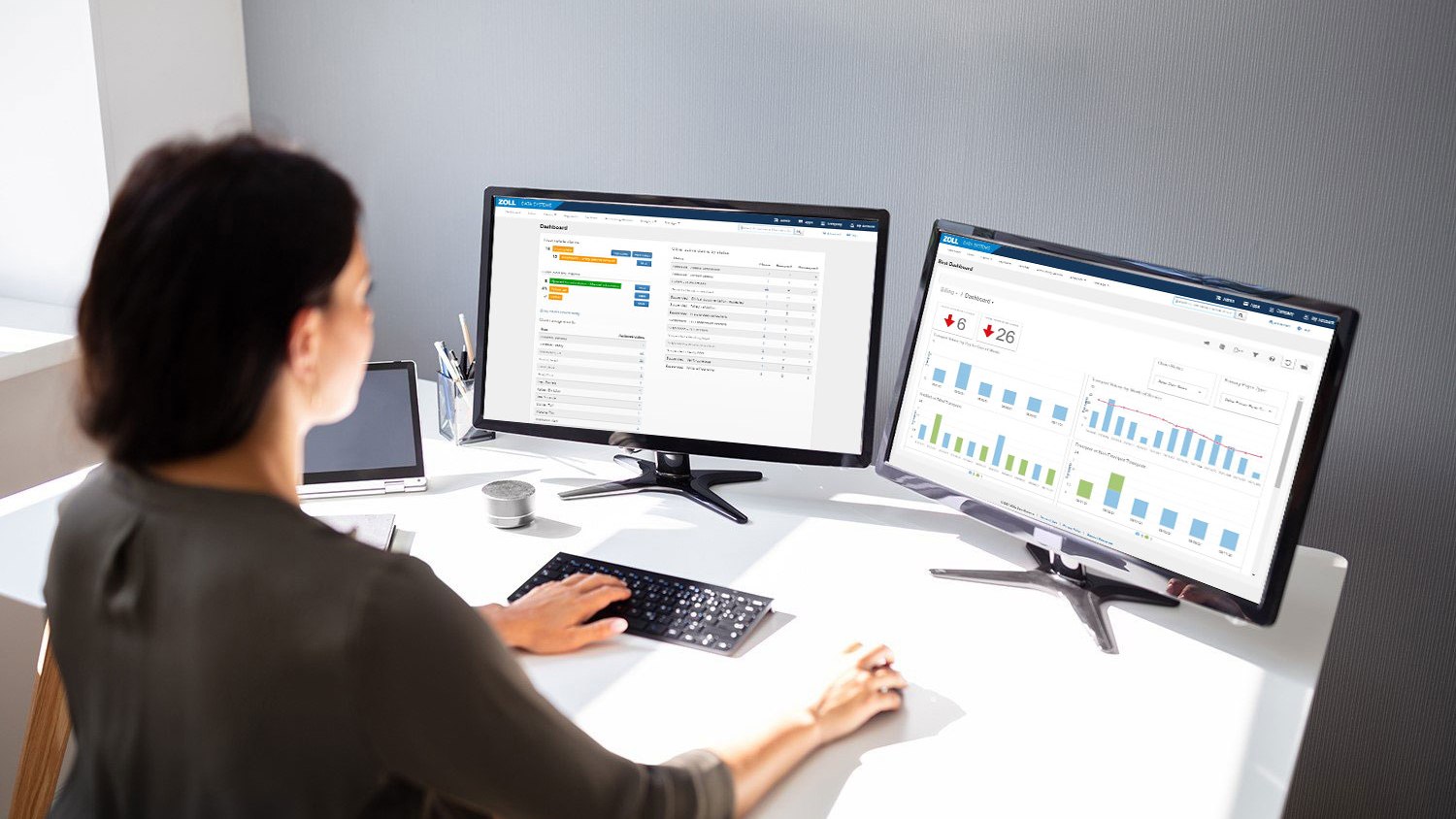You may have come across the term EPCR as an EMS agency and not know what it means. EPCR stands for Electronic Patient Care Reporting, an essential tool in the healthcare industry.
Providing accurate medical records to healthcare providers while collecting billing data, EPCR is here to revolutionize how we collect patient information. In this blog post, we will explore the meaning and benefits of EPCR, how it can be used to monitor patients’ health, and the common issues it faces.
An Overview of EPCR and Why it is Important
EPCR is a way to store patient care data electronically, improving communication between EMS and hospitals and ensuring swift and accurate patient care. It records essential information such as patient vitals, medical history, and care provided right from the scene of an emergency, giving hospitals detailed information to prepare and optimize patient care. Implementing EPCR into EMS agencies results in better care delivery, improved accuracy in data collection, and increased revenue generated.
What Does “EPCR” Stand For In The Medical Field?
“EPCR” stands for Electronic Patient Care Reporting, a digital data collection method that has revolutionized how patients relay their electronic medical records to healthcare professionals. The software involves features such as pre populating much of the information, templates, and expansive dropdown options to make data collection easier. It allows for customization to fit individual agencies’ unique needs.
How is EPCR Used To Monitor Patients’ Health?
EPCR is a valuable tool in monitoring patients’ health as it allows for real-time documentation, improved data accuracy, consistent updates, and error-free record keeping. The system can be equipped with cameras, microphones, diagnostic devices, or other hardware that captures further information while documenting patient care electronically.

The EMS software provides real-time monitoring capabilities that allow healthcare providers to respond promptly to the patient’s data, accelerating the identification of critical physiological changes that may require intervention.
What Are The Benefits Of Using EMS Software In Healthcare?
Due to extensive benefits, the number of EMS agencies using EPCR has grown recently. EPCR software provides benefits such as increased communication between EMS and hospitals, saving time, minimized errors, and reduced administrative costs. It allows for accurate and timely collection of patient information, allowing healthcare providers to deliver better care while earning faster reimbursements.
Common Issues With EPCR And How To Resolve Them
Like any other software, EPCR has setbacks and challenges that can interfere with optimal performance. Issues can include system compatibility, crashes, loss of power supply, network issues, and technological overload. The best way to combat these issues is to invest in top software like Paramediq that covers all these bases.
EPCR In The Medical Field: Wrap Up
EPCR revolutionizes how EMS agencies collect and store patient data, allowing for real-time communication, improved patient care, and swift billing. The technology provides real-time documentation and monitoring capabilities, reduces errors, and minimizes administrative costs while improving data accuracy. EPCR is a valuable tool for providing the best care for patients while improving transparency and reliability in documenting medical care. We hope this information was helpful and thanks so much for reading.



